
Opportunity Cost With a Twist
Opportunity Cost is the cost associated with foregone opportunities.
Most of the time when we make a decision, we usually pick one of multiple mutually exclusive options. Although many people consider the risks and returns of the chosen option, many also neglect the potential returns of the alternatives. And it makes sense, as a person is not necessarily aware of all the opportunities he misses, but they still exist and are often overlooked.
However, understanding the concept of taking things you don’t do into account will help you make better (financial) decisions. Generally, the cost of missed opportunity is the difference between the return of the best available option and the return of the chosen option.
The tricky part is spotting the best option, as it’s inherently invisible to the person that’s missing it.
Opportunity Cost Examples
If a person decides to “invest” 1000$ in champagne and cocaine, his returns will be lower than most investment alternatives available to him. But let’s disregard wasteful behavior and focus on asset allocations that actually make sense.
Let’s say a person decides to keep all his money ($10k) in his bank account. Three years later, he has $10k. If he had put his money in a savings account yielding 1% per year, he’d have 10100$ the first year, 10201$ the second year, and 10303$ the third.
So the opportunity cost of keeping his money in cash for 3 years is 303$ compared to the savings account alternative.
Of course, there are better options for allocating $10k (government / corporate bonds, real estate, stocks), but given the short time frame, even the lowest yielding and no-risk opportunity made more sense than doing nothing. At least he kept the money, unlike the first example.
But opportunity cost can also be of non-financial nature. Casually spending a grand on drugs has a cost associated with health and long-term well-being. Another example of not-directly-financial decision would be deciding whether to spend 4 years in college or start gaining industry experience. Neither is inherently better than the other and the rewards of every scenario depend on infinite interrelated choices coupled with factors we have no control over.
Sticking to financial decisions may be a bit easier than considering personal choices. A nice way to protect yourself from opportunity cost is understanding that it’s a thing, gather all the realistic opportunities available to you, and utilize them in the decision making process. Handling a dilemma is much easier than considering everything that could ever happen.
Here are some of the more prominent ones:
Rent vs Buy
This is a classic. The question is whether people ignore the costs of home ownership / renting and thus accumulate opportunity cost equal to the difference in savings when doing the one instead of the other.
Let’s start with the obvious. The return of investment (ROI) of renting is 0. No matter how much money you pay to your landlord, you won’t get any returns from it. On the other hand, having a home means building equity. Even with a mortgage, each monthly payment covers the interest owed, but also adds to your net-worth, as you increase your home equity and decrease your liabilities (amount owed to the bank). So, it’s a no-brainer, right?
No.
What if you’re an expat on a temporary assignment and know that you’re leaving the country in 2 years? What if your company pays for the accommodation while they need you? What if you found a really good deal? What if you prefer the flexibility and freedom that renting gives you?
But let’s not take a high salary and a developed country for granted.
What if there are no (or limited amount of) jobs in the area? What if you’d consider a relocation given a better job opportunity? What if the rental yields are lower than your monthly mortgage payments? But wait, what if you wouldn’t be able to afford mortgage payments on your current salary?
For example, if you live in Kiev, Ukraine (high (crazy) mortgage interest rates, high prices, low salaries), considering buying might not be even an option for many people. If you live in Bucharest, Romania, and you’re getting contacted by recruiters from Germany, not buying a home might be a better financial decision. If you’re an expat living in Vienna, Austria, and paying 700€ for a nice apartment in the city center, it may not make sense to pay 7000€ per square meter just to own a home.
And these were all capital city examples. Living in villages, taking one’s age into account, and considering ties with friends & family makes the decision making process even more complex. So, no surprises here – I announced that it will be an “it depends” case. The important thing is to assess your situation and circumstances.
If you’re looking for a structured way to approach the buy vs rent decision, you won’t find it here. You will find it in Rent or Buy? 7 Steps to find out.
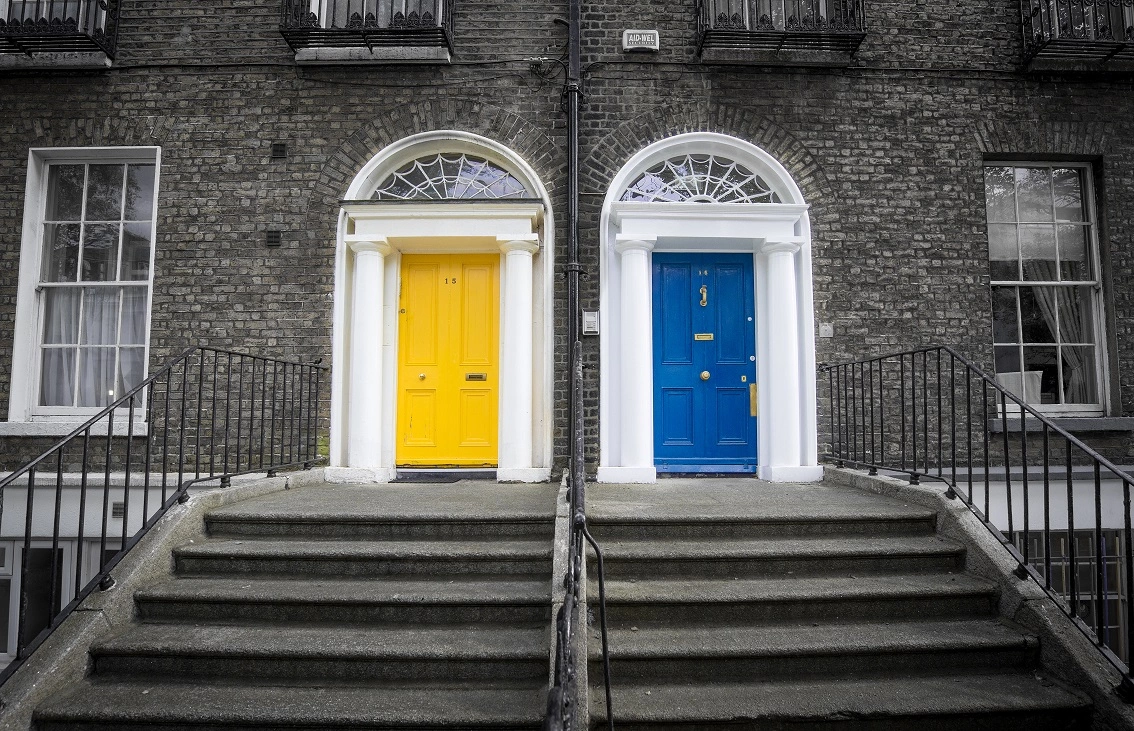
Real Estate vs Stocks
This is another one that comes up often. Same as the previous one, there is no general rule applicable to everyone, so we’ll entertain both cases.
I said it best in the Inflation Explained post (a highly recommended read) – let’s see what are the options of someone having 17200$ in cash in 1963 (btw, this is an amount that could buy a house back then):
- If you kept your money in cash, today they would be worth 17200$.
- If you bought a property, your 17200$ would be worth around $225k (Zillow, March 2019).
- If you invested in the stock market, your 17200$ would be worth around $715k (calculated using the dividends reinvested calculator, 2019)
So, what do we have here? The opportunity cost of owning a home is almost half a million dollars! And the stock market is the alternative that should be considered whenever one makes investment decisions.
Of course, if someone is not knowledgeable about a specific market the opportunity won’t be visible for him, so learning to invest can pay dividends, in any sense of the phrase. The historical growth of the stock market is around 10% per year and it’s completely passive. So a diversified stock portfolio is almost always a better option than buying a rental unit in cash. Dumping $200k on a fixed-place-non-income-producing asset (liability?) will have lower yields than a lump-sum investment in a diversified fund.
Of course, putting everything you own in some house will lead you towards missing out on higher returns and thus a high opportunity cost. But what if you’re spending that portion of your money on housing anyway? For example, what if you’re living in a place where renting is a higher monthly expense than the potential mortgage payments? All of a sudden it’s not a “real estate vs stocks” dilemma, but what makes sense overall. And depending on the person’s situation, job opportunities, ties to friends & family, the dilemma can have a different outcome.
Again, we ended up on “it depends”. And that’s perfectly fine. The point was never to find the universal answer to the question – because it doesn’t exist. The point is to remember what opportunity cost is and consider the alternatives whenever we’re making a decision, whether it’s a financial or a personal one.
But how can you know the future?
Unfortunately, opportunity cost is more visible in hindsight. We generally can’t see the returns associated with most opportunities in the future, because we don’t know what will happen. While history shows that stocks outperform most asset classes on the long-term, it doesn’t mean that it’s the best opportunity for everyone and everywhere.
For example, if you invest 10000$ in a business and barely make any money the first year, the stock market might be seen as a missed opportunity. However, if your business took off and grew, you don’t have the opportunity cost. It goes the other way as well: if you decided to invest in stocks while keeping your job, you miss the opportunity of becoming a billionaire CEO of a tech giant. However, if you wouldn’t have become that successful (good luck planning for this :)), there is no opportunity cost. Yes, it’s tricky to consider everything that has ever happened, but even trickier to forecast everything that will ever happen.
So although there is no one approach to cover all the possible cases, just being aware of what opportunity cost is is more than enough when making any decisions. We know that past performance doesn’t guarantee future results, but we also know that future results are not random.
… And that luck plays a major factor in many cases.
Easy examples
Some things are more straight forward though. Here are some examples that you can associate with opportunity cost for day to day decision making: engaging in wasteful behavior and adopting bad habits, idly waiting for something you’re not that excited about, hanging out with inadequate people, etc. They will all rob you of time you can spend on things you actually care about.
Waiting for 4 hours to do a stupid survey and get 20$ in return may be not worth it, unless you have literally nothing else to do. If Bill Gates finds a 100$ bill and stops to pick it up, he’d actually lose money. He is way better off doing whatever he was doing – it yields greater returns per second.
You’re not him (or are you? :)), but you could have used those 4 hours to learn to invest, get clients, work, study… Create a stronger bond with the girl you met, cook a healthy lunch, or even watch a movie. The opportunity cost is often, but not always, associated with financial returns.
Enjoy making better decisions!






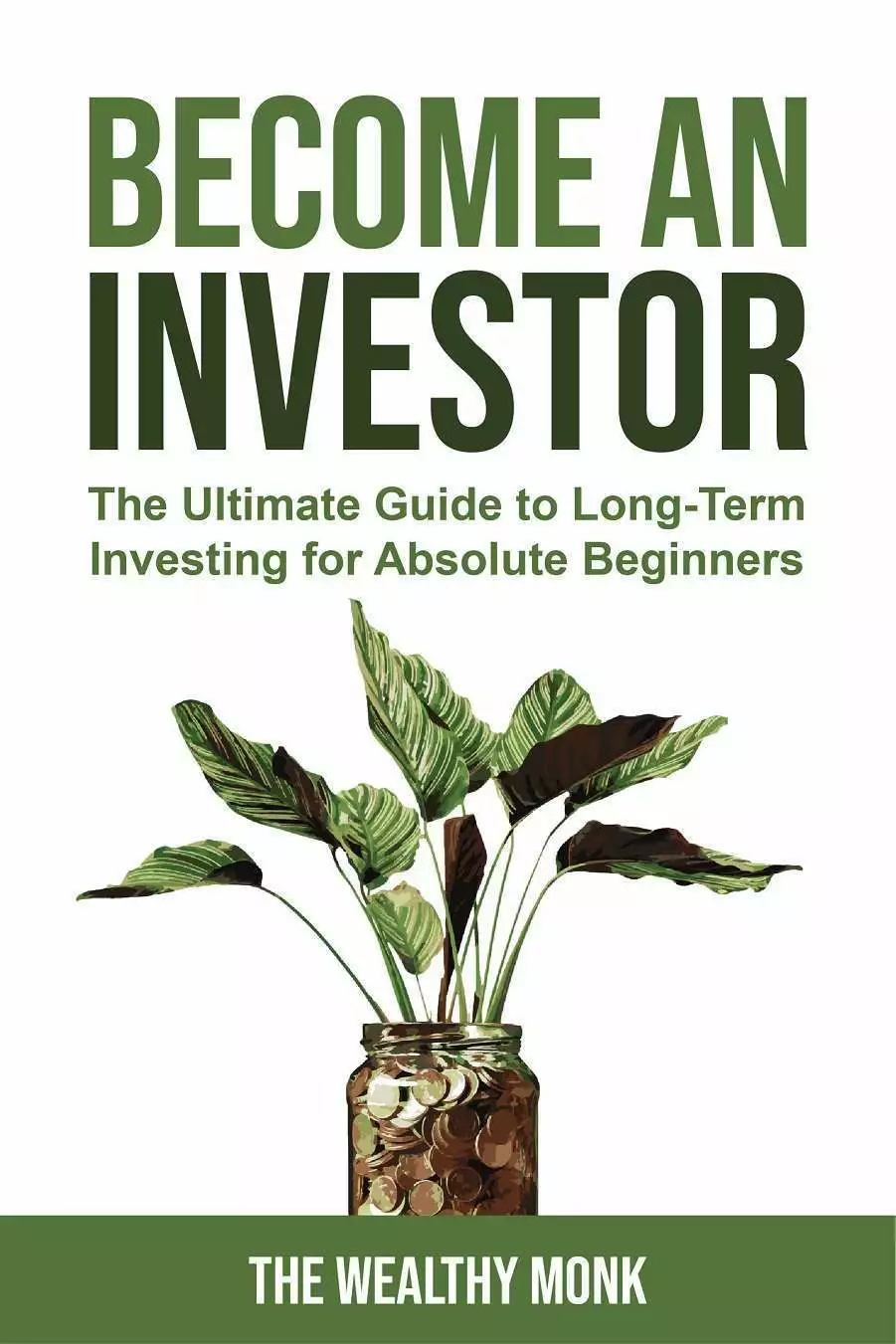










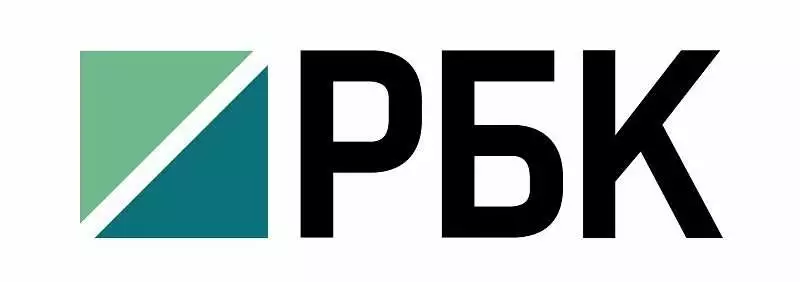
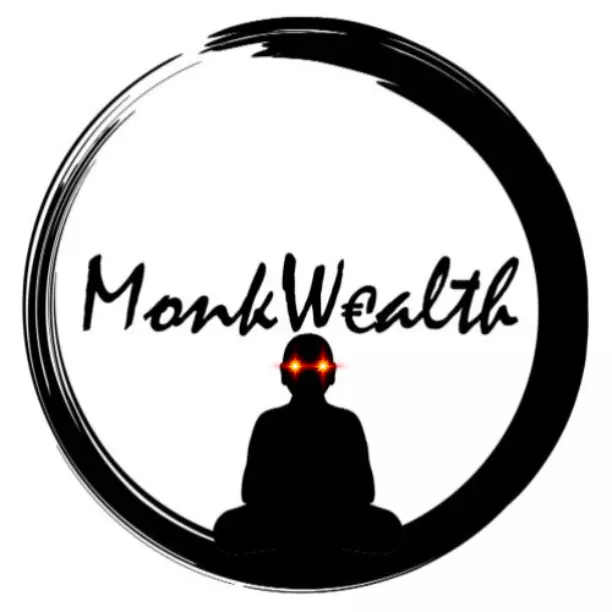
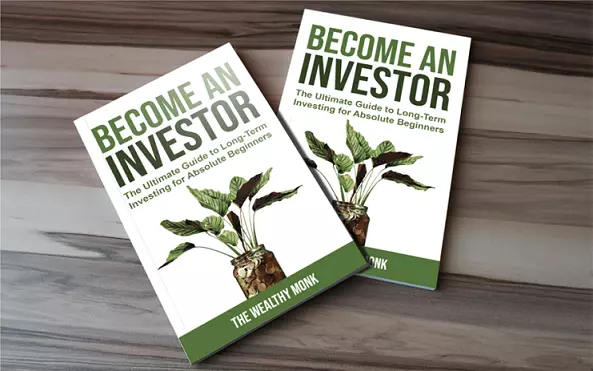
Comments: 2
[…] here’s where you come in, right? But why? Why should you lose money by not lending to people willing to pay 10% premium and instead give it to someone who wants it for […]
[…] all regret. It won’t get you anywhere apart from accumulating way more losses than the opportunity cost that you have anyway. Leave emotions out of this and let’s see what’s your role in the […]